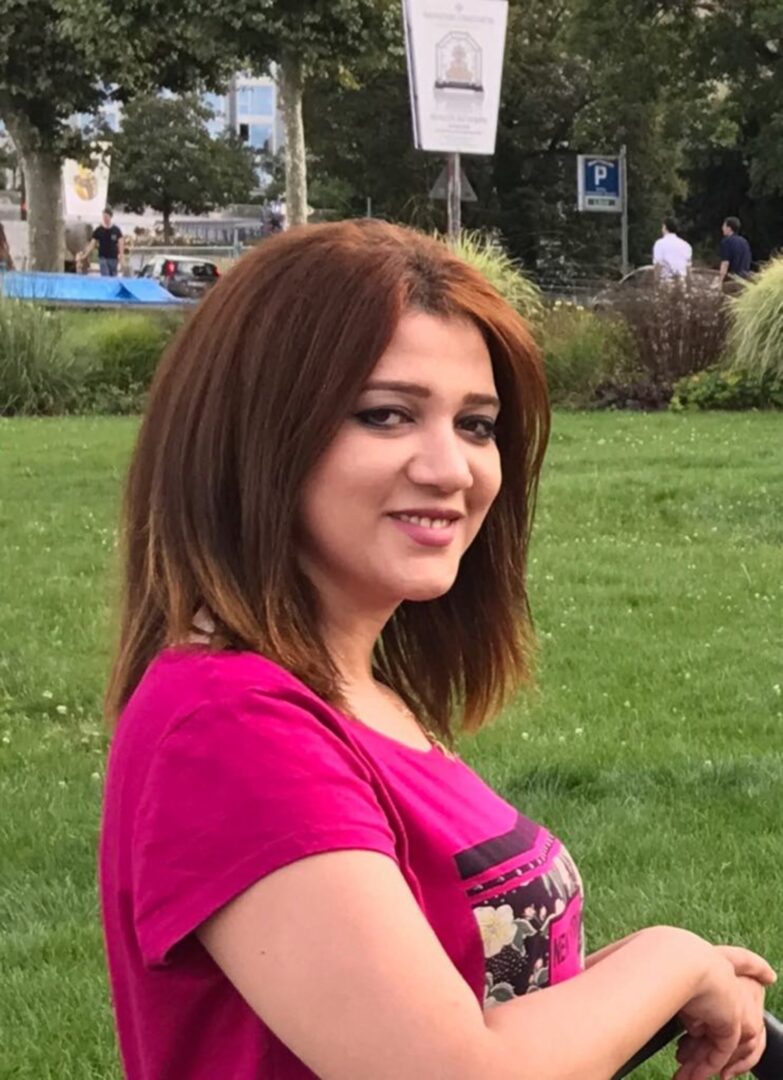
Dafne McPherson Veloz
“I saw in a closet in Alkmaar a terrestrial globe between two mirrors that multiplied it endlessly.” (Jorge Luis Borges, “The Aleph”)
This year, the Mediterranean, the graveyard of migrants, refugees and asylum seekers, the graveyard built by so-called democratic nation-States, spread across the entire globe, from the borderlands of the United States to the killing fields of the Occupied Palestinian Territories to the factories of India to the primary schools of South Africa to the garbage dumps of Mozambique to the houses where domestic workers live and work, in Saudi Arabia, Malaysia and beyond. It’s not only that the world proliferated in toxic and lethal sites for more and more women, children, and men, but also that the capacity for concern and active caring declined. States of abandonment yearn to produce a globe of abandonment. The glue that holds that dreamt globe together is confinement: prisons, jails, immigrant detention centers, juvenile detention centers, accompanied by an increased use and greater proliferation of solitary confinement. Additionally, there are seclusion rooms, in schools and hospitals. This is our terrestrial globe, and, at the end of this year, it spins between two mirrors: Amal Fathy, in Egypt, and Dafne McPherson Veloz, in Mexico.
Amal Fathy is a widely known women’s rights defender in Egypt. On May 9, Amal Fathy posted a video on Facebook in which she described an incident of sexual harassment and criticized the government for refusing to address sexual harassment of women. Amal Fathy, her husband and their three-year-old child were taken into police custody. Her husband and child were released. Amal Fathy was held. The next day she was transferred to Qanater Women’s Prison. Since then Amal Fathy has been in so-called preventive detention. Her health has deteriorated. Four months after her initial arrest, Amal Fathy was convicted of “spreading fake news that harms national security.” She was also charged with membership in a terrorist organization. Fathy appealed the decision, was told that if she posted bail she could leave prison, posted bail, and then was told she could not leave prison because she was being charged as well as a terrorist. Amal Fathy was sentenced to two years in prison. Last Thursday, Amal Fathy was released on probation. Yesterday, Sunday, the appeals court approved the two-year prison sentence, and so Amal Fathy faces returning to prison.
Dafne McPherson Veloz was not a well-known person. In 2015, she worked in department store. She was the mother of a three-year-old child. One day, Dafne McPherson Veloz felt abdominal pains. They grew severe. She went to the restroom. The pains persisted. Finally, to her great surprise, Dafne McPherson Veloz gave birth to a child, who subsequently died of asphyxiation. Dafne McPherson Veloz went into shock and fainted in the bathroom. Immediately afterwards, she was charged with homicide. Dafne McPherson Veloz was convicted of that crime and sentenced to 16 years in prison. Dafne McPherson Veloz has spent three years behind bars. From the outset, she maintained her innocence. Doctors say she suffered from hypothyroidism, the symptoms of which masked the pregnancy. Although Dafne McPherson Veloz went to the doctors, none mentioned that she was or might be pregnant. Dafne McPherson Veloz and her attorneys have argued consistently that her trial was improper, both because of inadequate evidence and because the judge relied on “stereotypes” of how a woman, a “good mother”, should live. In other words, Dafne McPherson Veloz “should have known” she was pregnant and so she is guilty of murder. After three years, Dafne McPherson Veloz’s request for an appeal has been heard; her case will be heard January 21, 2019.
Two young women, Dafne McPherson Veloz and Amal Fathy, stare at each other and see themselves, multiplied endlessly. They see women refusing to accept the globe of abandonment as inevitable. Patriarchy, and prisons, will attempt to expand, but women are resisting, in small and enormous ways. Tomorrow starts a new year of struggle and hope, however difficult, abounding. One must imagine Dafne McPherson Veloz and Amal Fathy happy.

Amal Fathy
(Photo Credit 1: El Sol de San Juan / Miriam Martinez) (Photo Credit 2: Amnesty)